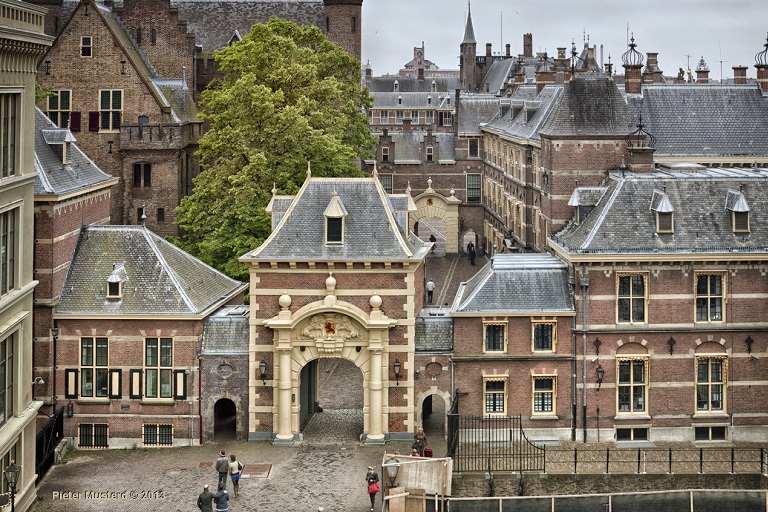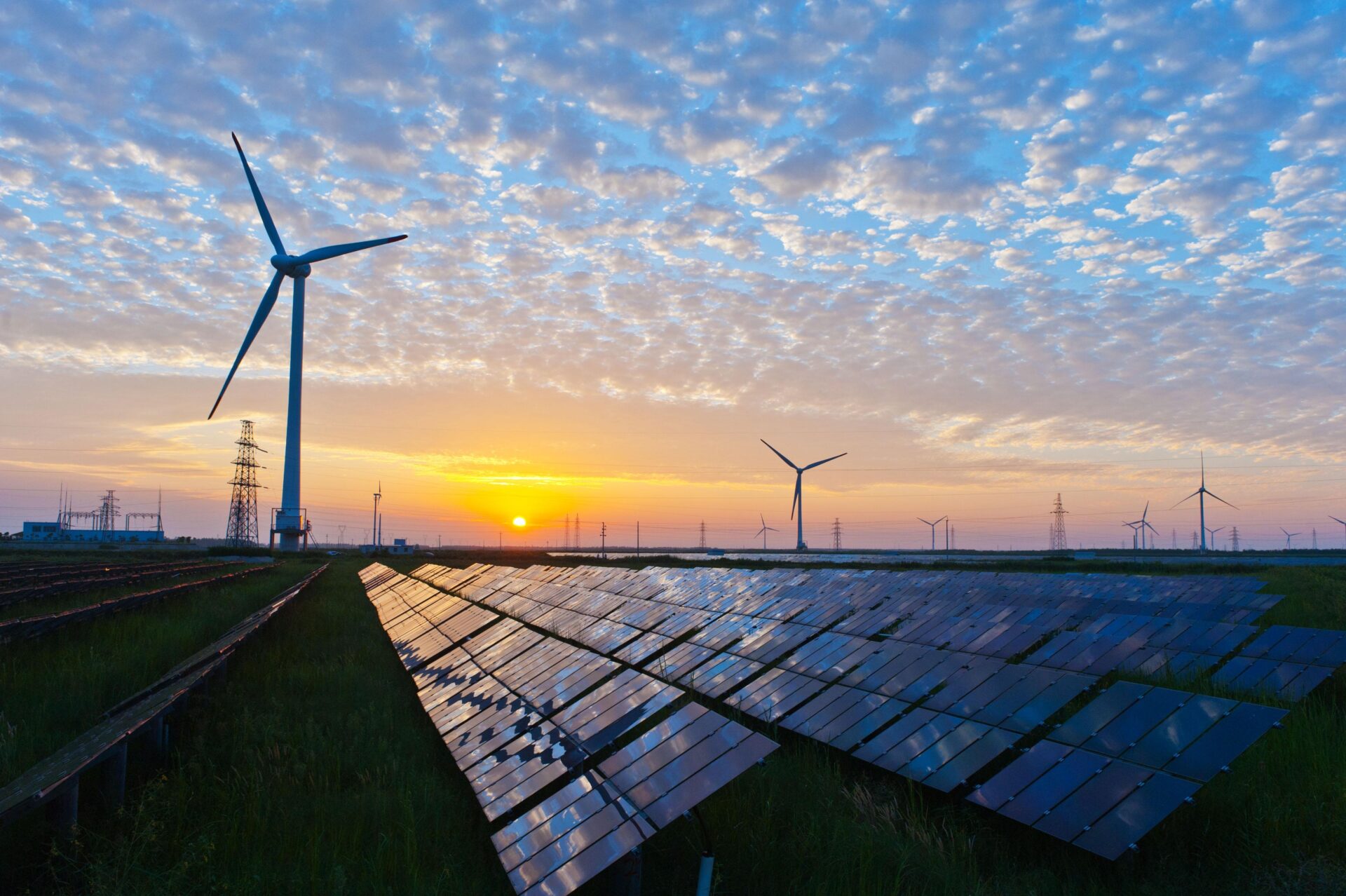Shortly before the Christmas vacations, the draft climate agreement was presented and on January 17, Minister of Economic Affairs Eric Wiebes attended the New Year meeting of Publieke Zaken to give his views on the climate policy. The meeting was kicked off by well-known energy commentator Remco de Boer, who aptly described Wiebes' use of euphemisms: 'For ten months hundreds of people have been working to rebuild our country. Wiebes calls it a nice start.' De Boer did acknowledge that the minister does not have an easy task, with on one side Klaas 'trial balloon' Dijkhoff and on the other side Rob 'Robot' Jetten in the cockpit. 'The minister is saving what can be save,' he concluded.
Then it was up to the minister himself to outline his dilemmas and solutions. The goal is not the problem, Wiebes said. 'There are more opinions about instruments than about the goals'. The problem is that there are all kinds of people who want to take instruments off the table. Geothermal energy then suddenly equals earthquakes, solar on land is bad for the agricultural sector and 'biomass is actually never a good idea'. My most important role is to keep bringing all the options back to the table. If we exclude exclude options, however, the Netherlands runs the risk of climate policy becoming a whole much more expensive, Wiebes warned.
Exactly how expensive? According to the minister, 0.5% of national income is currently spent on climate policy. Economic growth is about 2.5%. We must see climate policy as an insurance premium, according to Wiebes. Economic growth has nasty side effects such as more CO2 emissions and we can address those with the premium. Also nuanced the minister the attitude of the industry, which in the media is not always positively described. 'Industry emits a quarter, has a third of the task and gets a sixth of the subsidies'. The question of whether the climate policy is fair has not been answered. In the case of households 'counts after all, every penny counts,' according to Wiebes. Moreover, it is of great importance that people know what awaits them. That way we can carry out the transition that is not only fair, but also feels fair. 'It is a project of a generation," the minister concluded.



